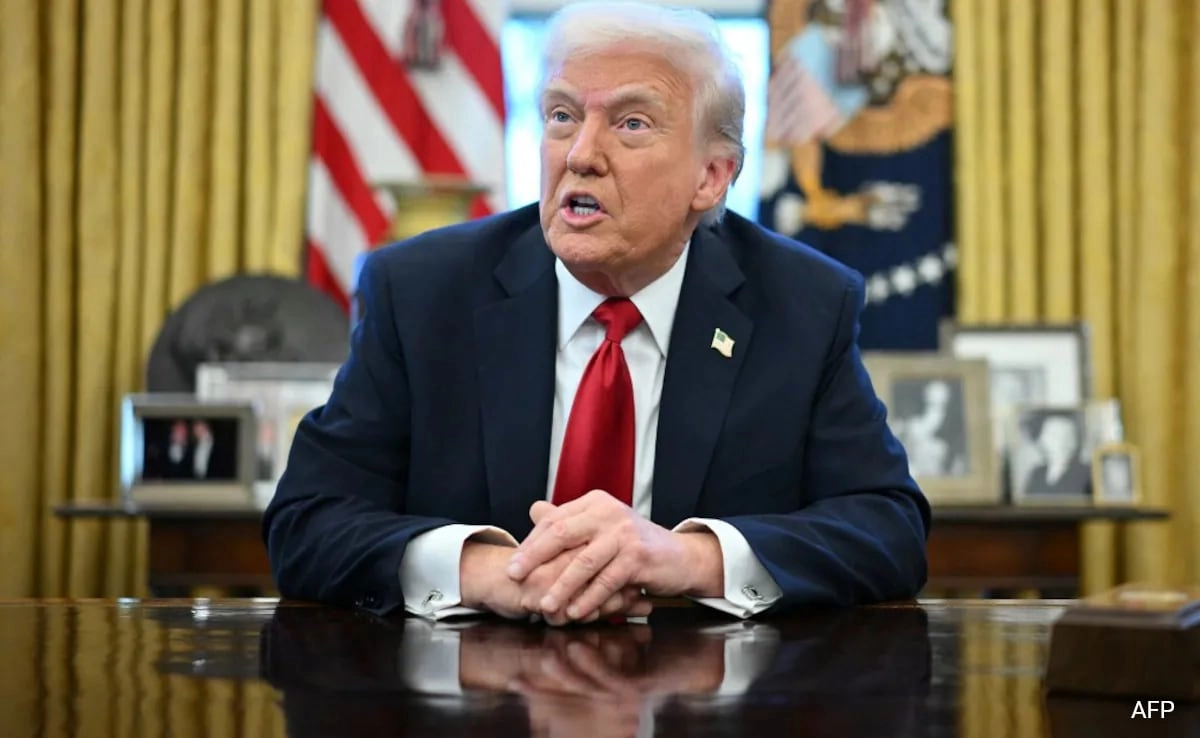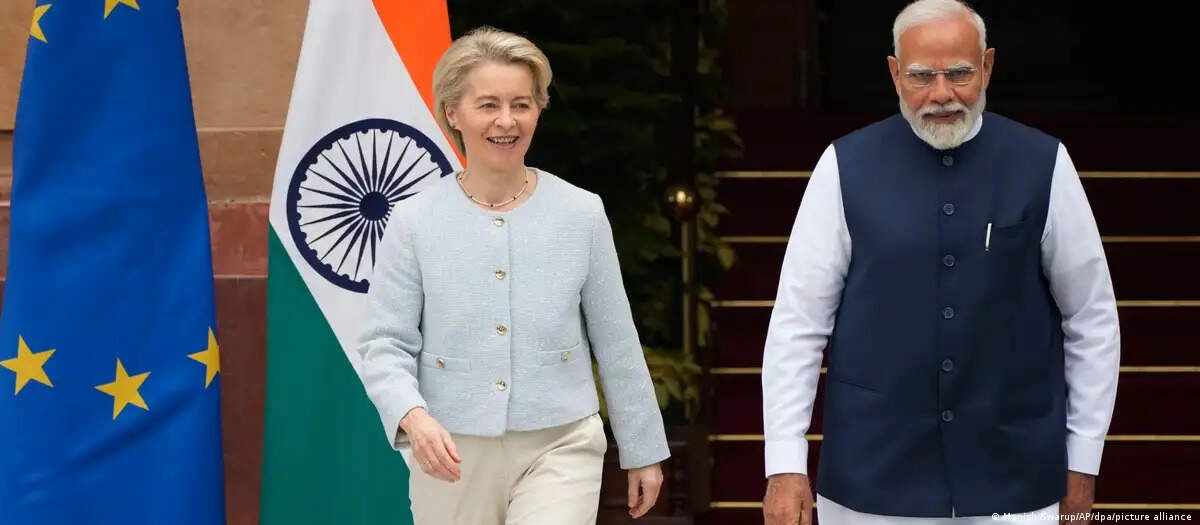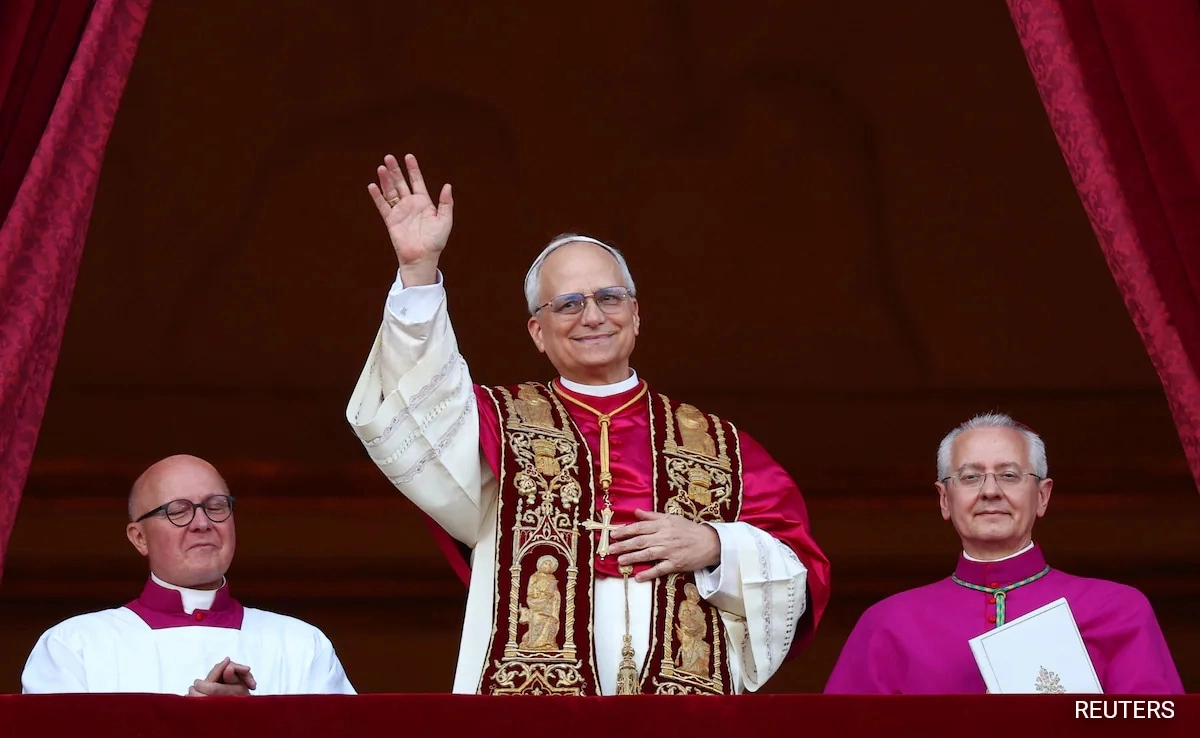As tensions rise regarding the future of the North Atlantic Treaty Organization (NATO), a palpable sense of urgency surrounds the alliance’s efforts to maintain U.S. involvement, especially in light of concerns about a potential withdrawal under a future Trump administration. NATO has been characterized by its collective defense principle, which has underpinned transatlantic security for decades. However, the unpredictability of U.S. foreign policy, especially during Trump’s previous presidency, has left member nations anxiously contemplating the implications of a reduced American commitment to the alliance.
In recent months, NATO officials have engaged in diplomatic discussions aimed at reinforcing the importance of U.S. participation in joint defense initiatives. These conversations underscore a broader recognition among NATO members that U.S. leadership is crucial for the alliance’s effectiveness. European nations, in particular, have expressed worries that a withdrawal or a significant reduction of U.S. military presence in Europe could embolden adversaries, disrupt the balance of power, and challenge the security architecture that has been in place since the end of the Cold War.
To mitigate these fears, NATO has been working to strengthen its own capabilities and enhance defense spending among member states. The alliance has encouraged European countries to take on more responsibility for their own defense, thereby lessening the burden on the U.S. military. By doing so, NATO aims to present a united front that is both capable and resilient, demonstrating that the alliance can adapt to changing geopolitical landscapes without solely relying on American support. However, the underlying anxiety remains, as member nations grapple with the potential consequences of U.S. disengagement from NATO’s collective security framework.
Ultimately, the future of NATO and its transatlantic unity hinges on the political climate within the United States. As the specter of a Trump-led withdrawal looms, NATO must navigate a complex web of diplomatic relations and defense strategies to ensure that the alliance remains robust. The ongoing discussions highlight a crucial period in which NATO must not only reaffirm its commitment to collective defense but also adapt to the evolving dynamics of international security in order to sustain its relevance and effectiveness in the years to come.




